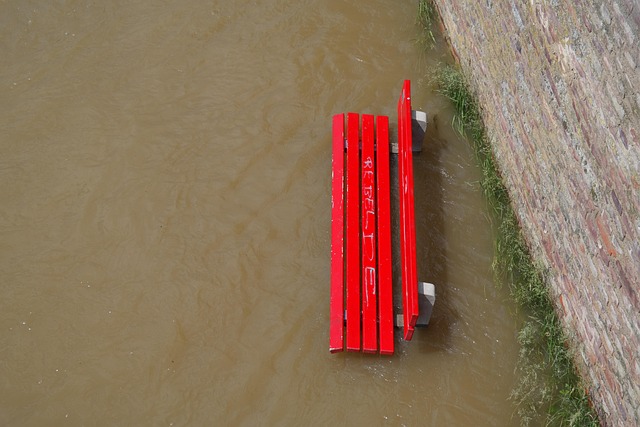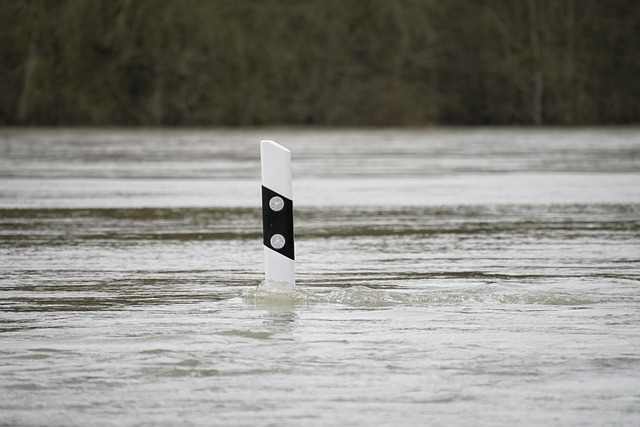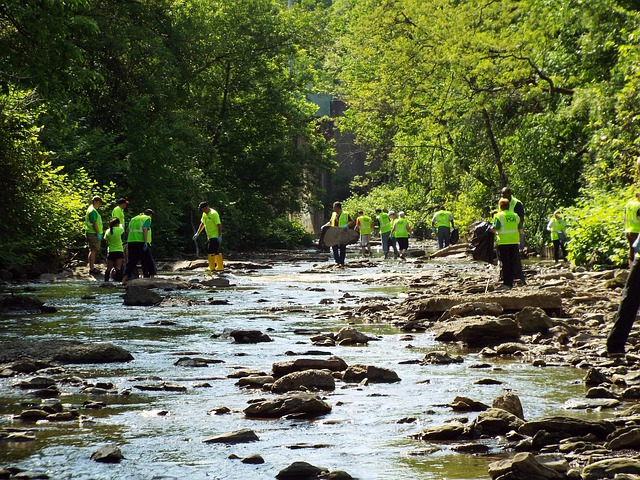Denver's flood risks require proactive measures for effective recovery. This includes understanding hazards like rapid water rise and debris flow, implementing proper drainage, reinforced foundations, and waterproof barriers. Swift action post-flood involves occupant safety, quick dry-out, and documenting damage with detailed photos/videos. Professional Denver Flood Cleanup services specialize in damage assessment, efficient cleanup, thorough drying, decontamination, and restoration, ensuring home safety and community resilience.
In the face of unpredictable weather events, effective flood recovery plans are essential for Denver residents. Understanding the city’s unique flood risks is the first step toward preparedness. This comprehensive guide offers expert advice on navigating post-flood scenarios, from immediate actions to community restoration. Learn how to document and protect your property during and after a Denver flood cleanup, ensuring a smoother recovery process.
- Understanding Denver's Flood Risks
- Immediate Actions After a Flood
- Documenting and Protecting Your Property
- Restoring Your Home and Community
Understanding Denver's Flood Risks

Denver, with its diverse geography and changing climate, presents unique challenges when it comes to flood risks. The city’s proximity to mountains and rivers makes it susceptible to sudden and severe flooding during heavy rainfall or snowmelt events. Understanding these risks is the first step in preparing for effective flood recovery.
Residents and property owners must be aware of the potential hazards, including rapid water rise, debris flow, and prolonged standing water. Denver Flood Cleanup specialists recommend regular inspections and maintenance to mitigate damage. This includes ensuring proper drainage systems, reinforcing foundations, and installing waterproof barriers. By taking proactive measures, residents can significantly improve their homes’ resilience against floods, enabling faster and more efficient denver flood cleanup processes should an event occur. Additionally, understanding the specific risks allows for better preparation of essential supplies and emergency plans, ensuring a quicker recovery and reduced disruption to daily life.
Immediate Actions After a Flood

After a flood strikes Denver, immediate action is crucial to mitigate damage and ensure safety. The first steps in any flood recovery plan should focus on securing the premises and protecting occupants. This involves turning off electricity and gas supplies to prevent fires and electrical shocks, and evacuating if necessary to avoid rising water levels.
The next critical step is to begin the process of dry out your home after flooding. Rapid water extraction for homes using professional equipment is essential to prevent long-term damage from mold growth and structural instability. Advanced Restoration Colorado offers specialized services for Denver flood cleanup, ensuring that your property is thoroughly dried and restored as quickly as possible.
Documenting and Protecting Your Property

After a flood, documenting and protecting your property is a crucial step in the recovery process. In Denver, where flood cleanup services are readily available, the first task is to assess the damage. Take detailed photos or videos of affected areas, including water levels and structural integrity. This visual record becomes essential for insurance claims and future reference.
Additionally, ensure valuable items like documents, electronics, and heirlooms are safely stored and dried. Consider seeking professional flood damage restoration services in Denver, especially for commercial properties, to guarantee comprehensive denver flood damage restoration. These experts can provide flood recovery assistance Denver residents need, restoring not just the structure but also the peace of mind that comes with knowing your property is secure.
Restoring Your Home and Community

After a flood, restoring your home and community involves a meticulous process that requires both time and expertise. In Denver, where flooding can be particularly severe, it’s crucial to engage in efficient and effective recovery plans. The first step is to assess the damage, especially in areas like flooded basements, which often suffer significant water intrusion. A thorough inspection helps identify structural integrity issues and potential health hazards from standing water and mold growth.
When initiating the flood cleanup process, consider seeking expert advice on water damage restoration. Professional teams are equipped with specialized tools and knowledge to handle various types of damage. They follow a structured approach, beginning with the removal of damaged items, drying out affected areas, and decontaminating surfaces to prevent further deterioration or health risks. Following these steps ensures that your home not only appears restored but is also safe for occupancy, laying the groundwork for a community that can resiliently bounce back from such disasters.
In the aftermath of a flood, effective recovery plans are essential for Denver residents. By understanding local flood risks, taking immediate actions, documenting property damage, and prioritizing restoration efforts, communities can emerge stronger. Remember, swift action during the critical early stages of Denver flood cleanup significantly enhances the chances of minimizing losses and restoring homes and neighborhoods efficiently.



